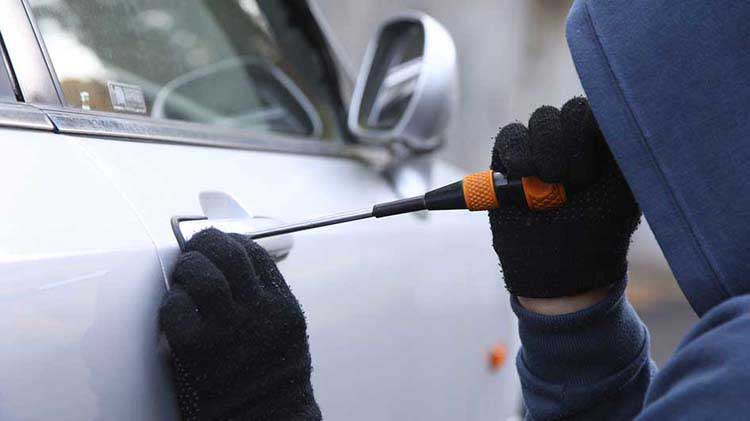Car loan basics you need to know
Understanding a few key basics may help you make a good decision about borrowing money to finance a vehicle.
With the exception of a home mortgage, a car loan represents the largest sum of money most people will borrow at once. Yet, many people may not think much about financing their new ride until they walk onto the car lot. After securing your financing, if you decide to purchase a car while at the dealership, it's relatively easy to prove that you have insurance if you have an existing auto insurance policy. Check out this cheat sheet before you even start your car search.
Credit score and car loans
Dealers sometimes advertise extremely low interest rates that are typically available only to buyers with exceptionally high credit scores — often 800 and above. You may be able to obtain your credit score for free through one of the three credit bureau websites. Also, check your credit card provider's website, as they sometimes provide free credit scores. In general, the lower your score, the higher your interest rate may be. If you currently have a lower credit score, you have several options: apply for credit to see if you get approved and at what rate (you can try to refinance at a later date to get a lower rate), delay your purchase and try to raise your score over time, increase the down payment to lessen the amount of the loan or consider a co-signer.
Pre-approval for a loan
Getting pre-approved by a lender may help you set realistic expectations for how much car you can afford. Whether you're purchasing a new car or a used one, you'll be in a better position when negotiating price and financing terms.
Loan term
Some buyers choose a 72-month or even an 84-month loan as a way to minimize monthly payments. But there's a flipside to this: It typically means paying more interest. In fact, according to Nerd Wallet, a borrower can expect to pay nearly three times as much in interest over the course of a 72-month loan compared to a 60-month loan. Use an auto financing calculator to see the differences among loan terms.
Rate vs. Incentives
Some dealers may offer the option of either an extremely low interest rate or a cash rebate — but not both. And it's not immediately obvious which is the better deal. Use our rebate vs financing calculator to find which works best for you.
Gap protection
Buying a new car is exciting, but typically a new car depreciates immediately after being driven off the lot. If your car is later totaled and you owe more than it's valued, you'll be responsible for the difference. This is why you might consider GAP (Guaranteed Asset Protection) insurance, because it covers the gap between what you owe on the vehicle and its current market value.




